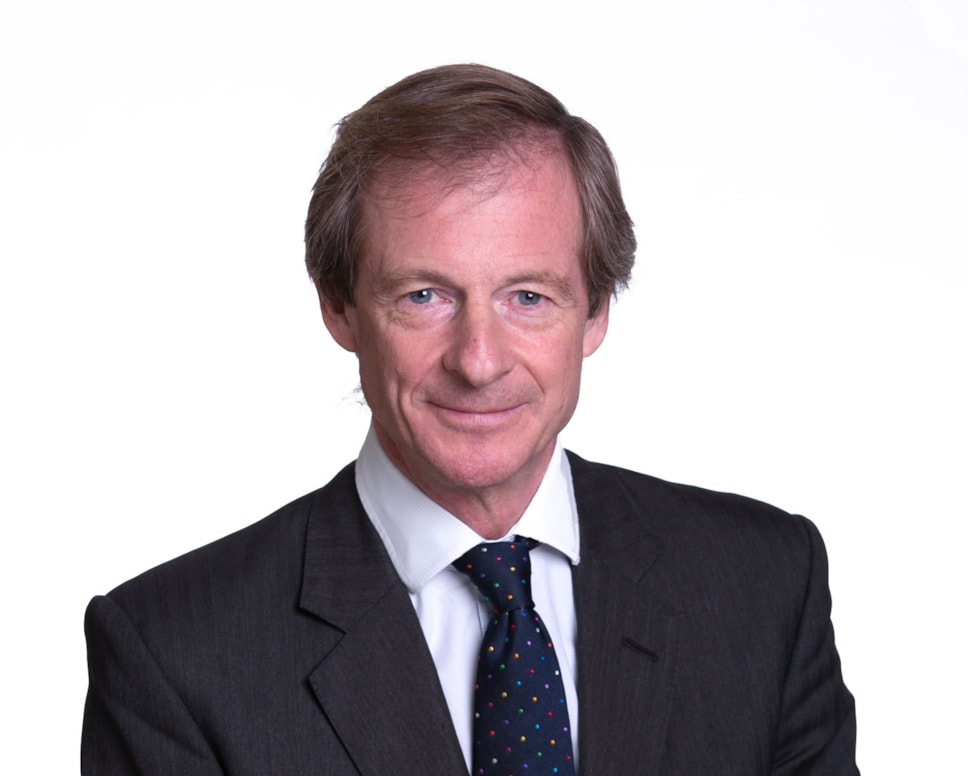
Cllr Guy Nicholson, Deputy Mayor for Housing Supply, Planning, Culture and Inclusive Economy: a major milestone for Dalston
Cllr Guy Nicholson, Deputy Mayor for Housing Supply, Planning, Culture and Inclusive Economy, marks a major milestone for Dalston, as work on the £1.5 million improvements to Ridley Road and Ashwin Street get under way:
What do people love about Dalston? What makes it, as Time Out magazine puts it, “one of the world’s coolest neighbourhoods”? And how can a Council and the community it serves protect its unique character and ensure it has an even better future? These are the questions that everyone set out to answer when the Council began the Dalston Conversation in 2018, which involved 5,000 residents, business owners and visitors, one of our biggest ever community conversations in Hackney.
The responses led to the preparation of the draft Dalston Plan, which was launched in May this year, setting out how new homes, workspaces and community facilities could be delivered in a way that celebrates Dalston’s heritage and puts local residents, organisations and businesses first, all based on the community’s priorities.
A major concern raised by many locals has been the future of Ridley Road street market, which has been at the heart of Dalston for generations. This is why the Council has acted to secure and invest in its future as a matter of priority. Last week, work began on a £1 million investment that will see improvements such as new street trees, plantings, places to sit, free public wifi, new market stalls, cashless payment machines and improved facilities for traders and better public spaces along the whole of Riley Road for residents, visitors and traders.
This is part of a £1.5 million investment from Hackney Council and the Mayor of London and also includes nearby Ashwin Street. The investment enables the Council to realise its commitment to work with residents and local businesses that make Dalston the great place it is, and to bring forward improvements that will help strengthen its future. Designed in collaboration with the street market’s traders, local businesses, residents and visitors over the last year, the plans will help create a greener, safer and more accessible market for everyone, keeping the street market at the heart of Dalston and as the genuinely affordable and diverse market we all know and love.
However, the Dalston Conversation didn’t conclude with the draft Dalston Plan. Neither does the work in Ridley Road mark the end of Dalston’s ambitions. During the summer, the Council listened to the community’s feedback through drop-in events, a walking tour and other live events, as well as collating online feedback, which has seen more than 450 people respond to the plans. These describe the community’s priorities, including new homes, workspaces, green spaces, culture, nightlife, transport and community safety. The proposals will ensure Dalston continues to be a great place to live, work and visit for generations to come.
It is plain for all to see that the pace of change in Dalston has accelerated in recent years. Its popularity has increased dramatically as it has become a centre for creativity, culture, entertainment and nightlife. This has brought about major benefits – a wide range of diverse businesses on the high street, job opportunities for local people and better connections with the rest of London through improved transport infrastructure. It is worth remembering just how much of what people love about Dalston is backed, run or owned by the Council, from the Rio Cinema to the Bootstrap charity and the Arcola building. These amazing places are unlocked by the talented and enterprising people who run them, but are backed by long-term and stable Council ownership. This plays a huge part in ensuring Dalston's success.
As the borough’s population continues to grow; as landowners put forward proposals on sites they own; and as Hackney’s high streets and town centres adapt to the short and long-term impacts of the coronavirus crisis, it is difficult to control all the changes coming to Dalston.That said, the Council is serious about its responsibility to respect the character and heritage of the town centre and listening to your concerns, ambitions and priorities is enabling it to act and ensure that Dalston remains a special place.
The Dalston Plan sets out the dedicated planning guidance that shapes new development. This identifies our collective priorities alongside respecting and enhancing character and heritage - not only Ridley Road street market, but other much-loved locations such as the Dalston Eastern Curve Garden, Ashwin Street and Gillette Square. It looks at how the town centre can accommodate new homes and workspaces and sets out community-led objectives to provide genuinely affordable spaces in which to live or work.
To guide new development, ten ‘opportunity sites’ have been identified in the plan that together could accommodate over 600 new homes – a minimum of half of which should be genuinely affordable – and alongside the new homes, the plan also describes new workspaces and calls for a portion of these spaces to be affordable, their rents restricted to 60% of the market rents.
As Hackney rebuilds and reopens after the pandemic, the Council is working to deliver a fair and inclusive recovery for Dalston, creating a local economy that enables community wealth building and inclusive regeneration. We must ensure that policy and actions on the ground embrace tradition and equip the town centre to meet the opportunities and challenges of the future. The Dalston Plan, created from the thousands of contributions, is the guiding hand that will shape a great future for Dalston.
